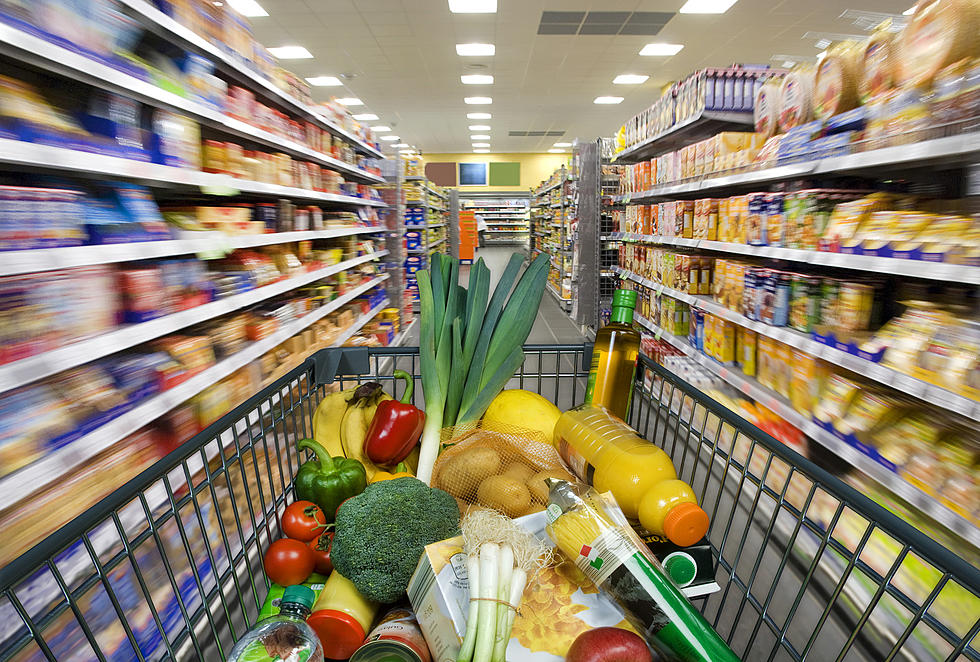
Australian Grocery Chain Ups Ante With Private Label Brands
If it happens in Australia - it could happen here, too. And - is that a bad thing?
Two grocery store chains in Australia are being criticized by suppliers for announcing that they're planning on relying more-heavily on private label brands instead of tried-and-true name-brands in an effort to boost sales.
Industry Minister Kim Carr has launched an extraordinary attack on supermarket giants Coles and Woolworths, claiming their push to expand sales of private label products threatened to "cripple innovation, destroy jobs and erode our capabilities as a food producing nation".
Carr's attack came as Woolworths confirmed doubling sales of its private-label products will play a role in rebuilding momentum in its grocery business.
Using private label brands (those manufactured or distributed by the stores themselves) is a smart move to keep more of the profit internally. However, it can come at a cost as consumers both expect to see their favorite name-brand options on the shelves and look for the increased pricing competition.
Private label brands also squeeze name-brands for shelf space.
Carr says he has heard complaints that the supermarkets are exploiting their position by auctioning off shelf-space with a view to excluding competitors, extracting concessions in contract negotiations by denying access to shelves, arbitrarily deducing costs for stock-handling services, forcing manufacturers to pay freight charges between warehouses and stores and arbitrarily rescinding contracts with suppliers mid-term.
"For most food manufacturers, their main access to customers is through the supermarket chains. They control up to 80% of retail food and grocery sales in this country. In practical terms, you deal with Coles and Woolworths, or you go out of business," Carr says.
More From KOOL 101.7









